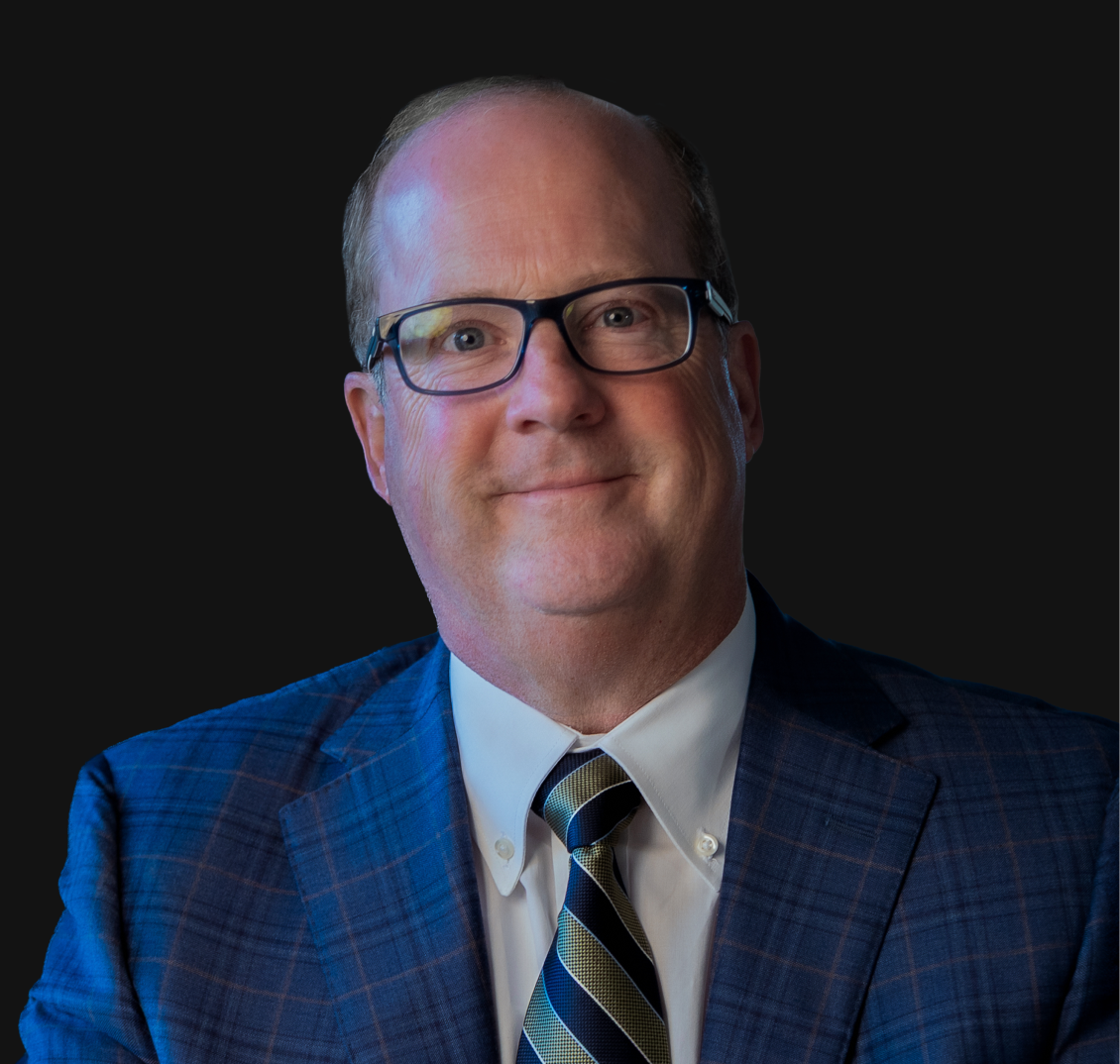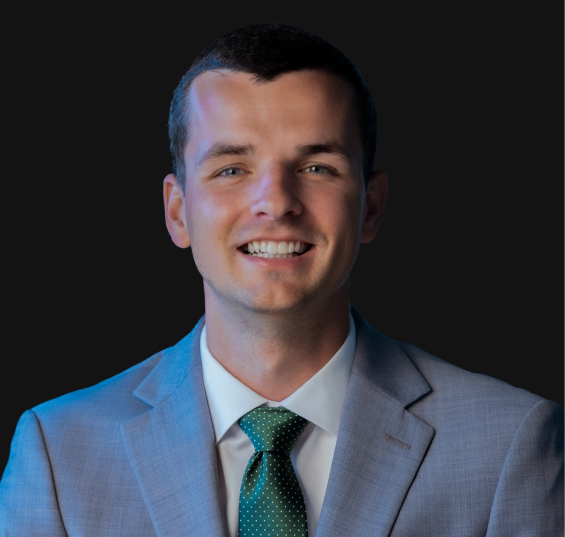As a financial advisor, one common question I get asked is, “How much money do I need to retire comfortably?” Unfortunately, personal finance is…well, personal. There’s no one-size-fits-all answer to how much you should save. Instead, you should let these questions be your guide when figuring out how much money you need for retirement.
What is the life you want to live?
Have you thought about the type of lifestyle you want to have in retirement? Even if you know you want to travel, play golf, or spend time with grandkids, have you thought about what that looks like for you and how much it will cost?
For example, if you plan to travel, you need to consider:
- If you’ll travel stateside or internationally
- How often you’ll travel
- How you’ll get there
- Where you’ll stay (5-star hotels, Airbnbs, and so on)
- If you’ll bring the family along and whether you’ll cover their tab if you do
- Who will watch your house and maintain it while you’re gone
All of these questions will give you a better idea of how much you’ll spend on travel.
Even if you plan to just spend time with grandkids, you need to define what that looks like. To some people, “spending time with grandkids” may mean babysitting a few times a week. To others, it may mean an all-expense-paid trip to the destination of their choice.
When do you want to retire?
Your age is one of the biggest factors that will determine how much money you need to save. If you retire early, you’ll have fewer years to save for a longer retirement. If you start claiming Social Security before full retirement age, you’ll have to factor in a smaller monthly benefit amount.
Likewise, the state of the stock market can also play a role in how long your money lasts. A Vanguard study found that you have a 31% higher chance of running out of money if you retire during a bear market. (1)
Of course, you have no way of knowing if we’ll be in a bear or bull market when you retire—but this is a scenario you must account for in your retirement planning.
Will you still have some earned income in retirement?
Working during retirement doesn’t just provide you with additional income. It’s also a great way to stay active, keep your mind sharp, and maintain a sense of purpose. Some retirees choose to build a second career through consulting. Others prefer to pick up a low-stress part-time job at a family office or retail store. No matter what you choose to do, working in retirement means you won’t have to save as much to live comfortably.
How much debt do you have?
Bringing debt into retirement has two major drawbacks:
- It reduces the amount of cash flow you have for housing, travel, hobbies, and other fun purchases.
- It drains your retirement savings quicker, which means you may run out of money or have to adjust your lifestyle down the road.
Take a close look at your debt and figure out how much cash flow you’ll need in retirement to cover it. Some people prefer to pay off any high-interest consumer debt before they retire. Others prefer to take it one step further by paying down their mortgage and auto loans too.
What kind of healthcare coverage do you expect to have?
Right now, you most likely have health insurance through your employer. When you stop working, you’ll need to secure insurance another way. You may be able to hop on your spouse’s plan if they’re still working. Or you can get coverage through the Healthcare Marketplace.
You’ll qualify for Medicare starting at age 65, but even then you may want additional coverage to pay for prescription drug coverage, dental care, eye exams, and other expenses.
What is your family dynamic?
Your kids may be out of the house when you retire, but that doesn’t mean you’ll stop supporting them financially. Almost 80% of parents give financial support to their adult children (ages 18 to 34), according to a Merrill Lynch study. (2)
At JGP Wealth Management, we find that many of our clients want to help pay for their kids’ weddings or a down payment on their first house.
Where will you live?
Housing will most likely be your biggest expense in retirement. If you’ve been in the same house since your kids were young, consider downsizing to a smaller place that requires less maintenance and potentially has cheaper utilities.
If you want to save even more money, think about relocating to an area with a lower cost of living. For example, the cost of living in Portland, Oregon, is 30.8% higher than the national U.S. average. (3) But move just 50 minutes south to Salem, Oregon, and the cost of living is roughly equal to the U.S. average. (4)
What kind of longevity do you have in your family?
The average 65-year-old man has a 35% chance of living until age 90. That rate goes up to 46% for a woman. (5) With odds this high, you must determine if your retirement savings will last that long.
If your family has a strong history of living until age 90 and beyond, your chances may be even higher than these odds. Likewise, if you have any known conditions in your family that could shorten your life span, you may need to consider that too.
How We Help
Figuring out how much you need for retirement requires doing a deep dive into your financial situation, family history, and goals. If you’d like to partner with a financial planner who understands your unique needs and inspires you to be more confident in your financial decisions—including figuring out how much you need to save for retirement—contact Joe today at 503-446-6450 or [email protected].
____________
(1) https://personal.vanguard.com/pdf/ISGSRBM.pdf
(3) https://www.bestplaces.net/cost_of_living/city/oregon/portland
(4) https://www.bestplaces.net/cost_of_living/city/oregon/salem





